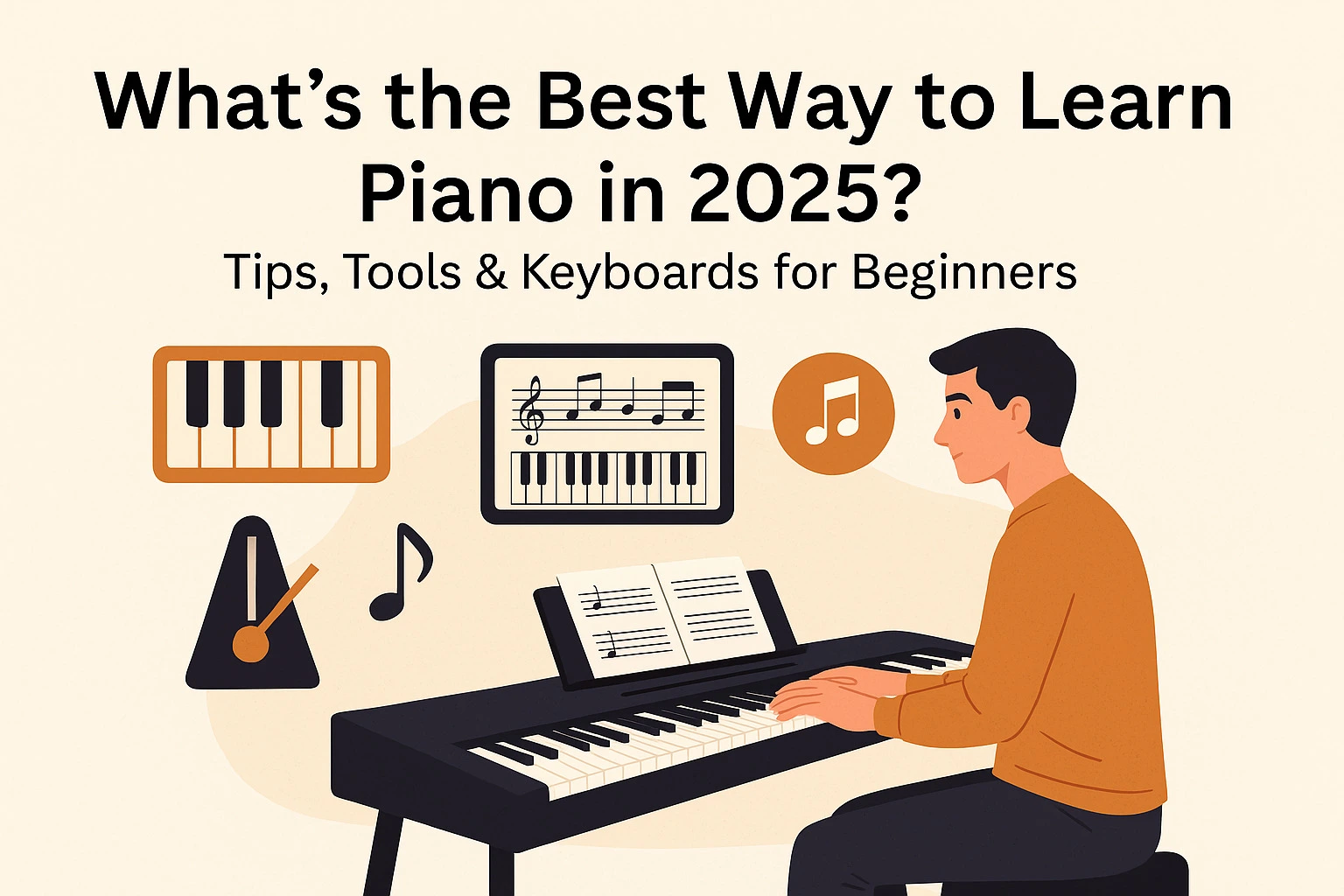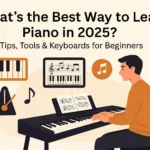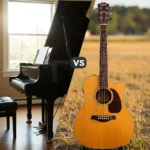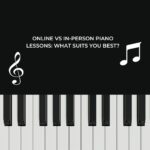Including at least one art form in your daily life, especially music, is the best way to improve your engagement with life and develop a richer taste in music. The piano is one of the easiest musical instruments to learn, especially in today’s era, where there are plenty of tools to make your learning journey easy.
Nowadays, there are compact pianos that one can carry around and play as one goes. Additionally, you must have seen those musical instrument apps, where you can play the piano through the screen… a virtual piano. While these tools are helpful to be able to practicing frequently, they are not the best practices as a mainstream tool. They might seem like the easiest way to learn piano.
However, for performances and musical recordings, one needs to master the actual piano. You can use these apps in case you want to practice randomly at night. To develop your skills and nurture them, you need an actual piano and fruitful lessons. Here are a few of the ways you can consider to get prowess in the art form.
Option 1: Taking in-person Classes
An art form is best learned through in-person classes. While commuting always seems a hurdle, you can find the best music school in Milton near you to ease your way. Taking an in-person class will equip you with accountability for the lessons and learnings, too.
In-person piano classes will enable you to have a music-loving community around you and have a reliable mentor by your side to guide you in navigating your journey towards gaining mastery in piano and music in general.
Option 2: Go Hybrid – Blend Online and In-person Classes
Online classes have one big plus point, and that is their flexibility. If you choose a combination of lessons where you can take a couple of classes online with one class in-person per week, it could provide you with all the benefits of in-person classes while troubleshooting the issues related to frequent commute and time consumption.
Here are a few ways you can learn piano in 2025 with a better understanding. Forming a strong foundation in the initial learning years is key to becoming an impressive pianist.
Set Practical Goals
If you are in the beginning stage of your musical journey, you can decide where you want to be, let’s say, after a year or a half. You can aim for a particular tune to master, or you can decide to be able to play a complete song on piano. You can also aim to play piano while you sing alongside.
Setting a goal for piano playing can help you find motivation throughout your lessons.
Know your Style of Learning
There is no single best way to learn piano to master the instrument. You can be a free-spirited student who likes to learn by listening to melodies and trying new techniques while practicing. Or you can be a serious note-keeping and meticulous student of art, taking every lecture attentively while carefully remembering the theory, too. This method will enable you to get clarity on core concepts like scales, chords, and key signatures.
The more lessons you take, the more you will figure out your learning curve while enhancing your craft. Notably, a big part of developing a career in music includes active and attentive listening; listening to various forms of music will broaden your insight and give you ideas for tunes.
Have a Quiet, Dedicated Spot
Find a comfortable spot in your living space where you can set up the piano, with a seating arrangement. The ideal is to build a pleasing and calm environment where you can work on your craft. Make sure the space is free from distractions and noise. If possible, use a room where you can close the door or a corner away from busy areas.
Have a Metronome
A metronome is an essential tool for developing steady rhythm and timing. It helps you build a tempo as you play piano. Start practicing new pieces or scales at a slow tempo, matching your playing to the metronome’s beat. As you become more comfortable, gradually increase the speed. This method helps you catch mistakes early and ensures your playing is even and controlled.
Use apps for practicing
Modern piano learning apps like Flowkey offer interactive lessons, instant feedback, and features such as slow-motion playback and looping difficult sections. These tools can make practice more engaging and help you track your progress. Apps are especially useful for learning new songs, practicing hands separately, and building confidence at your own pace.
Have an Ergonomic Set-up with the Piano
With the piano, make sure you have an adjustable chair with proper back support. With that, you can opt for a sturdy stand that can take the weight of a piano.
A quality instrument will be necessary if you want to thrive in the art in the long term. Invest in a full 88-key digital piano to be able to practice regularly and thoroughly. Also, you can get the best keyboard for learning piano. These would work as the best piano for beginners.
The piano education arena continues to grow at an exponential pace as we are halfway through the year 2025. The traditional image of a student and teacher sitting side by side at the piano remains evergreen, but it now exists in parallel with a vibrant ecosystem of digital tools, self-guided courses, and online communities that make learning more accessible, engaging, and customizable.
Modern students have a specific set of benefits of blending in-person instruction with the flexibility and convenience of app-based lessons, video tutorials, and interactive platforms. This hybrid approach empowers students to progress at their own pace, revisit challenging concepts, and seek inspiration from a global network of musicians and educators. Whether you thrive under the guidance of a teacher or prefer the independence of self-study, the resources available today ensure that your musical journey is crafted to your preferences and lifestyle. Unleash your potential with piano classes at Mississauga Piano Studios; we also provide fruitful and engaging flute lessons. We provide quality piano lessons in Brampton.
The best way to learn piano in 2025 is to embrace both traditional and digital methods, use high-quality tools, and practice consistently. Start with a full 88-key keyboard, explore your own genre, and set realistic goals for yourself. With the right approach, anyone can unlock the joy of playing piano and discover a lifelong passion for music.







